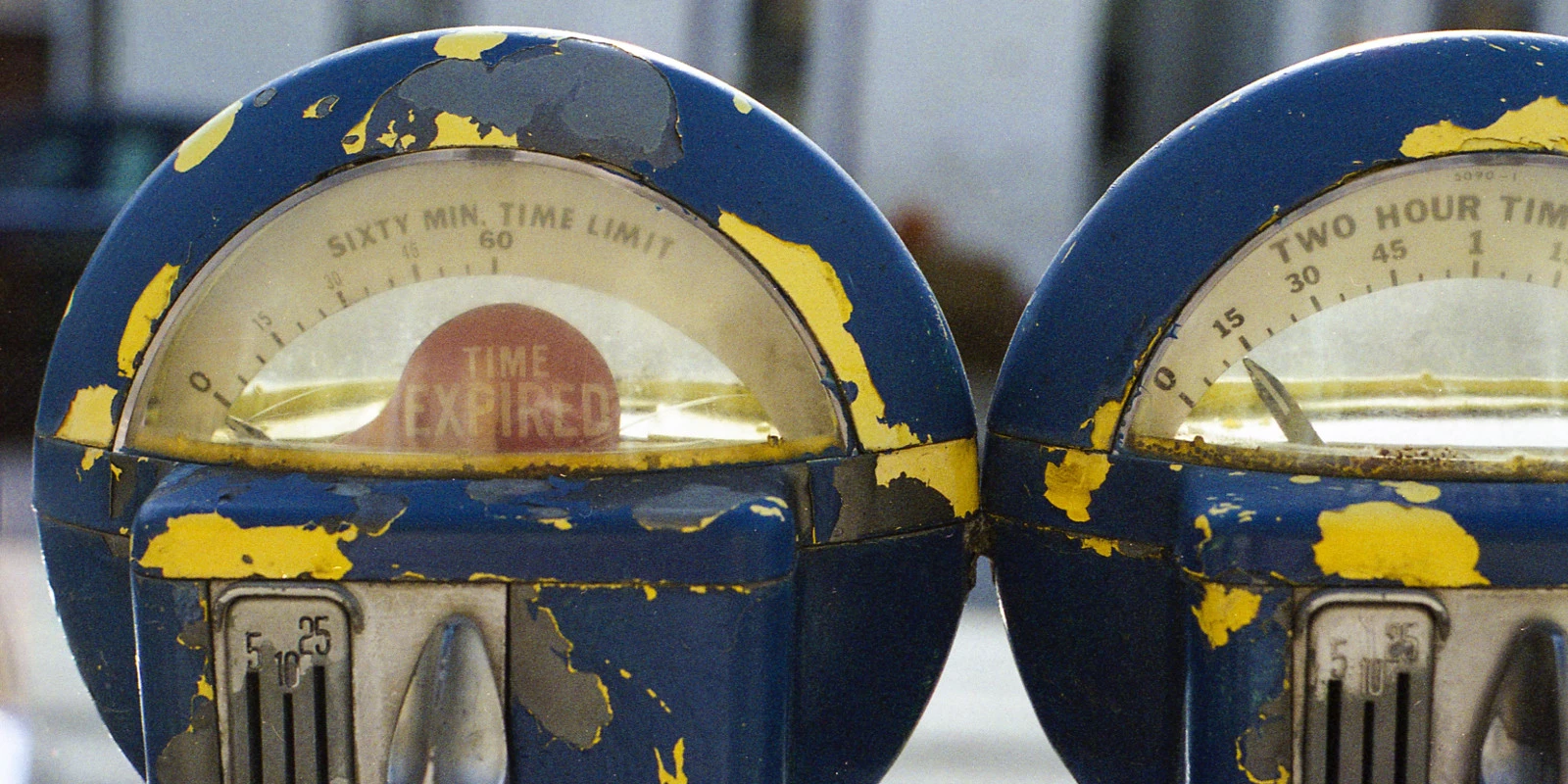
Transgenderism and Community. What Could Go Wrong?
When your community takes a democratic, mob rule, approach, it's no longer a great place to raise your children, especially if you want to raise Christians. Read more...

When your community takes a democratic, mob rule, approach, it's no longer a great place to raise your children, especially if you want to raise Christians. Read more...
“Then I will draw near to you for judgment. I will be a swift witness against the sorcerers, against the adulterers, against those who swear falsely, against those who oppress the hired worker in his wages, the widow and the fatherless, against those who thrust aside the sojourner, and do not fear me, says the Lord of hosts. (Malachi 3:5, ESV)
What exactly does it mean to oppress the hired worker in his wages? I’m thinking it means to not pay him, or hold his pay. If I remember, people back then got paid every day at the end of the day, and it was frowned up to not pay at the end of the day. But I don’t think people had steady jobs like we do either. I think jobs were kind of on a first come, first serve, day to day, basis.
But I wondered if this applies at all to today, and the first thing I thought was, are we paying too little? Should we be paying someone $15 an hour to flip burgers? If we’re not, would that be oppressing them? I don’t think so, especially in light of the fact that professionals start out working many jobs around $18-20 per hour. Most of these minimum wage jobs aren’t intended to be career choices. Just because someone has chosen, or been forced, to make a career out of flipping burgers, in my opinion, doesn’t change the fact that it’s an entry-level job, that you’re supposed to move up from.
But, there is an area that I think the hired worked is being oppressed in his wages, and it comes from the government. The average American worker spends almost three and a half months of every year working, essentially, for free. This year (2019), Tax Freedom Day is April 19. In 2018, it was estimated that America spent more on state and local taxes than was spent on food, clothing, and housing. In 1900, Tax Freedom Day was around January 22. Think about how much money you’ll make between January 22 and April 19. How would you like to put all the money in your pocket instead of Uncle Sam’s? How’s that for oppression?

The Israelites offered blemished sacrifices to God, but expected God's favor. Are you doing the same with your time with God? Read more...

Activists claim that science says that climate change is man made and that man can stop it, but science doesn't actually agree. Read more...

Many Christians seem to be unaware that the Bible says more about immigration and borders than simply loving your neighbor. Read more...

Should a country maintain borders, or should we do away with them? They've been a contentious issue over the last couple of years, so I thought it's time to see if the Bible has anything to say about borders. Read more...

Many people today call Jesus a rebel; a revolutionary. But what does the Bible say about who Jesus was. Was He really a rebel? Read more...
This is part 35 in a series of 35 questions. It is based on a series of questions answered by John Hawkins for Townhall.com: here, and here.
Define helping.
There’s the old saying, “Give a man a fish, he’ll eat for a day. Teach a man to fish, he’ll eat for a lifetime.”
Liberals want to give the man a fish. Every day. No questions asked. Forever. But, where do they get the fish to give the man? From the man that conservatives are teaching to fish.
Conservatives want to teach the man to fish. We also don’t want to oppress him with needless and overbearing regulations while he tries to fish. We don’t want to make it harder for him to get his fish. We also don’t want to take his fish to give to others who don’t want to earn their own fish; he should enjoy the fruits of his labor.
It’s a common theme among liberals to complain about conservatives “not helping” people, but it is a verifiable fact that conservatives do more to help people than liberals do.
This is part 34 in a series of 35 questions. It is based on a series of questions answered by John Hawkins for Townhall.com: here, and here.
I’m not even going to try. John Hawkin’s answer is classic. Scroll down to number 14.
Okay, it’s better than being receptive to bleeding heart mommy types.
This is part 33 in a series of 35 questions. It is based on a series of questions answered by John Hawkins for Townhall.com: here, and here.
Obama was not a tyrant, but I understand why many people considered him one; he did tend to rule by executive order. Actually, he abused them. If he couldn’t get something done through Congress, the way he was supposed to, he got it done through the bureaucracies (EPA regulations), executive orders, or abuse of governmental powers (Tea Party targeting by IRS). He did have a reputation for being a bit dictatorial.
Trump has not exhibited anything different that Obama. He’s simply using the same executive order process, but he’s undoing the damage done by his predecessor. He’s also working to get the bureaucracies, such as the EPA, back under control. Congress is supposed to make law, not bureaucracies. And he’s also working to get politics out of certain governmental organizations.
I don’t see tyrant when I see Trump. Not any more than I saw tyrant in Obama.